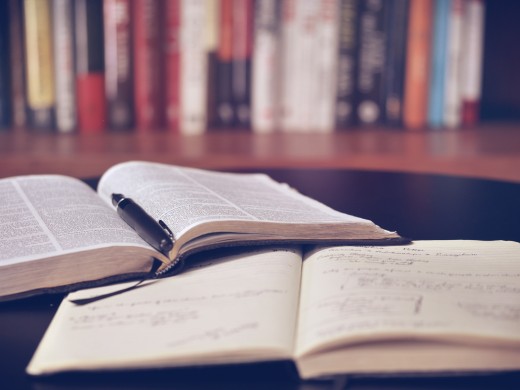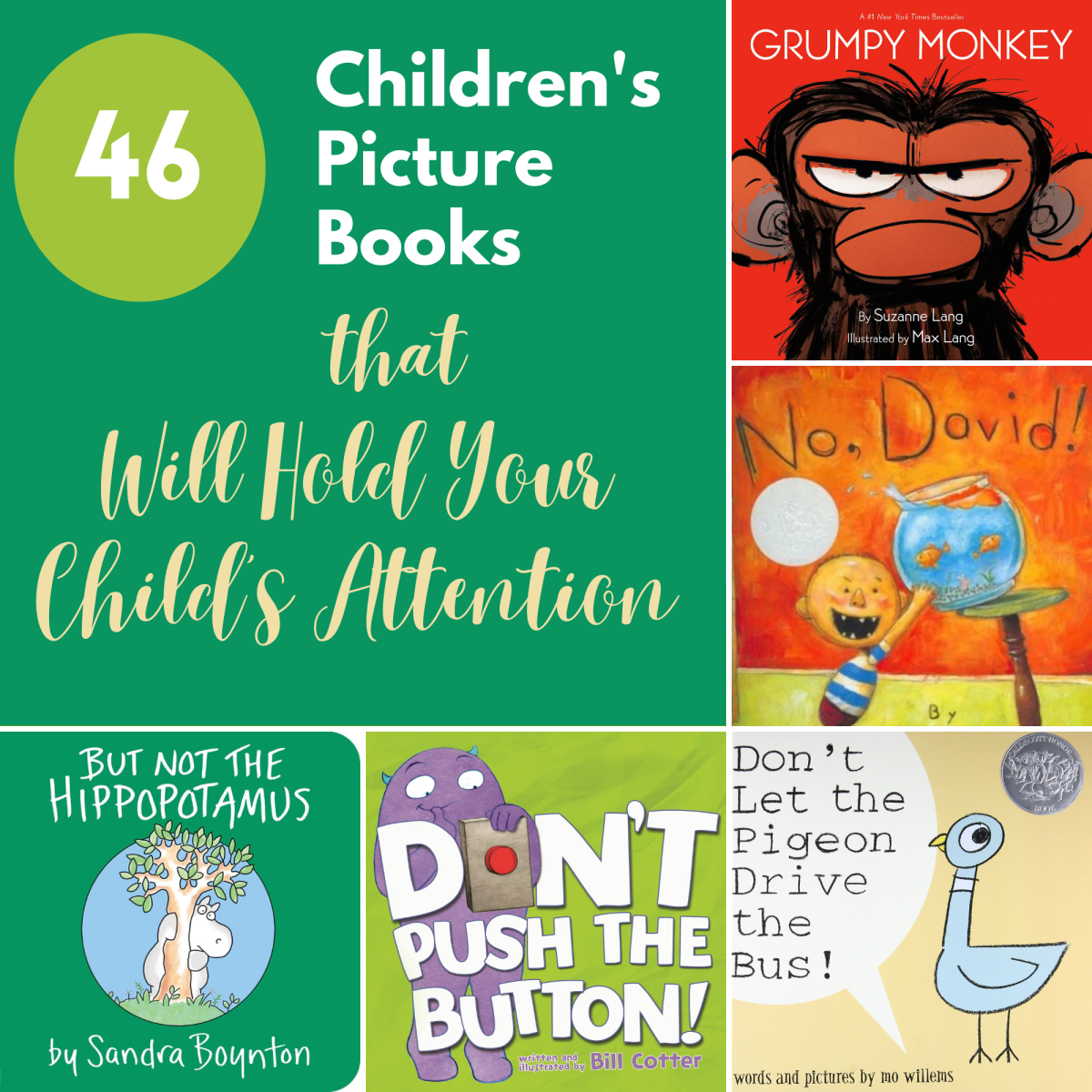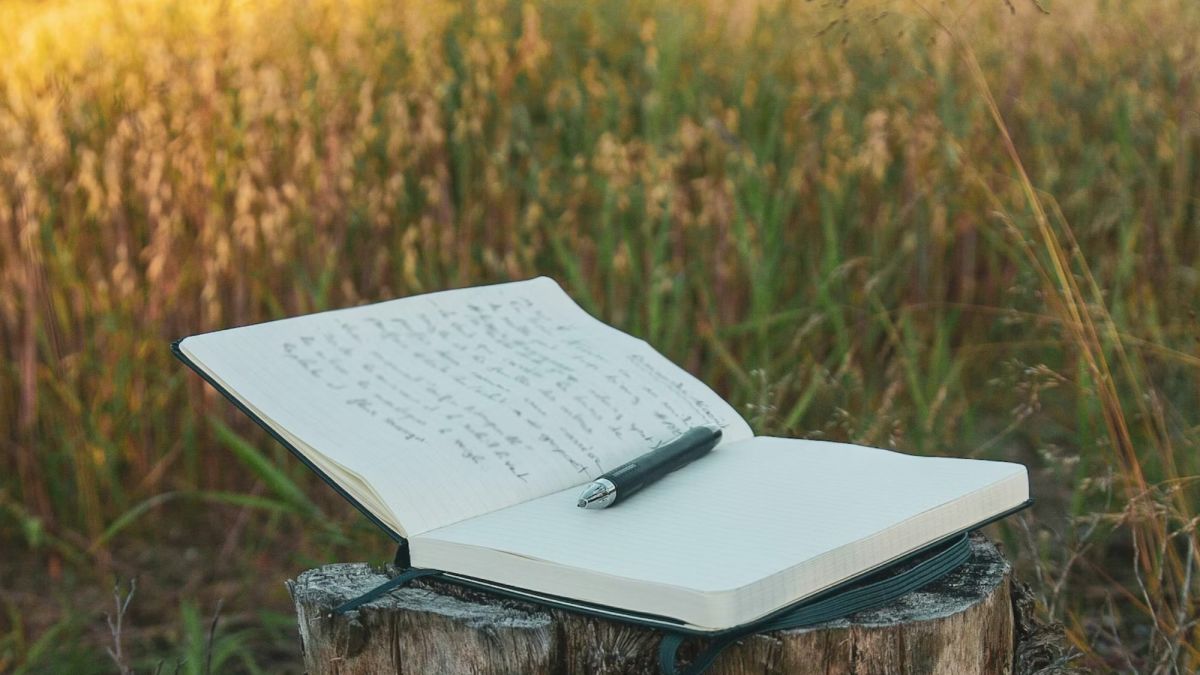How To Read A Book
When was the last time you read a book? Really engrossed yourself in it? Do you remember what the book was? How about the main plot or direction of the book?
What where the major players’ names, and how did they interact with each other? Did you remember the details of the book and fully absorb its ideas?
Reading is a hugely important part of life and being well read, in my opinion, is a huge part of being a good man. Being well read gives you the ability to speak at length on a variety of subjects both in and out of general academia, it expands your vocabulary, and helps with your comprehension of social situations.
Being able to understand the subtleties in any work of literature will help you understand the subtleties of communication with others, or even office politics. It expands your mind, expands the way you think, and helps you see things from different perspectives.

Going to a small, private academy meant there were only two English teachers – they traded off each year. They both taught me incredible things that I will carry with me for the rest of my life. One of these teachers, however, taught me how to read.
I don’t mean she taught me how to sound out vowels or understand the printed word – I could already do that proficiently. She taught me how to absorb the material I was reading.
This particular teacher had a knack for pushing wildly feminist works on us as a class. She believed our curriculum should be as close to the ‘enlightened’ public and collegiate core as possible, and thus was hard leaning with left-wing literature. This played a larger role than I expected in learning to truly read, because I had to be able to absorb and retell books that I read largely out of coercion and didn’t enjoy at all.
Here are the things I learned from that teacher, things I do with most every book I read – this is how you should read.

Tips For Reading Comprehension
- Highlight Things - Is there a sentence, thought, or idea in a book that strikes you that you want to remember or reference later? Highlight it. You should highlight smaller thoughts in the book that you want to hold on to or that strike you in a deeper way. Jack Donovan’s The Way of Men, for example, had me highlighting at least one sentence on every page.
- Underline Things - Underlining thoughts in books is similar to highlighting, but should be done with larger sections of text. I underline something when the complete thought is too big to highlight – which I judge based on how much of the page will be highlighted when I’m done with the thought. For two or more sentences, I underline.
- Write in the columns – I write notes in the columns of just about every book. My nook even lets me insert notes at points in a paragraph for later reference. Whenever a thought, paragraph, or action in a book strikes up a thought in your head, jot it down. Expound on the thought for a paragraph or two on a small piece of note paper and insert it at that page.
- Dog ear pages – Any page that resonates with you or has notes on it should be dog eared for your future reference. It is nice to be able to look back over a book and quickly find the thought that it sparked in you (30 dog ears are easier to sort than 500 pages – nook also lets you do this with ‘bookmarks’).
- Reading Time – My reading time is the last hour to half hour of my night, every night. Typically around 11 I stop whatever I’m doing and read. I also spend a few minutes here and there reading throughout the day, but having a set reading time is crucial. It also lets you unwind from the stress of the day!
- Set a goal – This is something I learned while attempting to make my way through The Red Badge of Courage. Look at your current page number and then set a goal based on the size of the book. Say, another 20 pages. And then don’t look at the page numbers. The next time you look down should be when it ‘feels’ like you’re nearing your goal. Often you’ll find you’ve exceeded your goal – this lets you pay attention to the detail of book but still work through it at a rigorous pace.

In conclusion
If you do these things while you read you’ll find that you work your way through books not only faster but much more thoroughly. Imagine when reading that your goal is to pass the book on to someone else, and have them learn even more than they would have if they had bought a fresh press.
Your notes and thoughts in the book will add to its message and depth for any subsequent readers, as well as striking up ideas in your own mind. The brain is a muscle, kids! Gotta exercise it.
© 2016 Remy Sheppard








